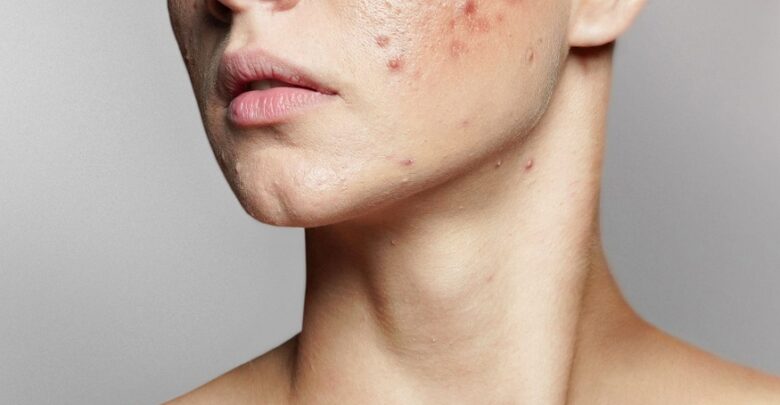Diving into the Different Types of Acne and How to Treat Them

Acne is a common skin condition that can affect people of all ages and can present in various ways. Understanding the different types of acne and their respective treatments is critical for successful management and smoother skin. This article will look into the many types of acne, their characteristics, and the best treatment options, focusing on the advantages of acne facial treatment in Singapore.
Types of Acne
Acne is divided into two types: non-inflammatory and inflammatory, with each requiring a unique treatment strategy.
Non-inflammatory Acne
Non-inflammatory acne causes blackheads and whiteheads. Whiteheads, or closed comedones, form when a clogged pore remains closed, resulting in a tiny, flesh-coloured lump.
Inflammatory Acne
Papules, pustules, nodules, and cysts all comprise different types of inflammatory acne. Papules are tiny, red, sensitive bumps in hair follicles due to inflammation or infection. Pustules are red pimples with white or yellow cores that resemble papules but contain pus. Nodules are big, painful lumps beneath the skin’s surface that result from deep inflammation. Cysts are severe, painful, pus-filled tumours that can leave scars.
Treating Non-Inflammatory Acne
Over-the-counter treatments and a consistent skincare routine can often be used to treat non-inflammatory acne. Cleansers with salicylic acid help to exfoliate the face and remove congested pores. Regular exfoliation with gentle treatments can help avoid the accumulation of dead skin cells as well as oil. Additionally, eating a good, well-balanced diet and staying hydrated promote general skin health.
Treating Inflammatory Acne
Inflammatory acne usually necessitates more intense treatment due to the presence of bacteria and deeper inflammation. Topical treatments with benzoyl peroxide or retinoids can help reduce inflammation and eliminate acne-causing germs. In extreme situations, oral drugs may be required to correct hormonal imbalances and reduce inflammation. Consulting a dermatologist can provide specific treatment choices based on your skin type and degree of acne.
Acne Facial Treatment in Singapore
Professional treatments can significantly improve the management of all types of acne. Acne face treatments in Singapore use advanced procedures and solutions to address particular acne conditions. Deep washing, exfoliation, extractions, and using masks and serums to reduce inflammation and promote healing are standard components of these treatments.
Deep washing eliminates skin pollutants and prevents new comedones’ growth. Exfoliation helps to clear clogged pores and remove dead skin cells, whereas extractions can safely eliminate black and whiteheads. Using specialist masks and serums during an acne facial treatment helps calm inflamed skin and speed up healing.
Singapore skincare professionals use cutting-edge technologies and materials to give excellent acne facial treatments. These treatments are tailored to each individual’s needs, guaranteeing the best possible outcomes. Regular professional treatments can help to keep your face clear and prevent new breakouts, making them an essential element of acne management.
Conclusion
Knowing about the various types of acne and their treatment requirements is critical to achieving and maintaining clear skin. Non-inflammatory acne, such as blackheads and whiteheads, is generally treatable with over-the-counter treatments and a consistent skincare regimen. Inflammatory acne, which includes papules, pustules, nodules, and cysts, usually necessitates more extensive treatment and professional attention.
